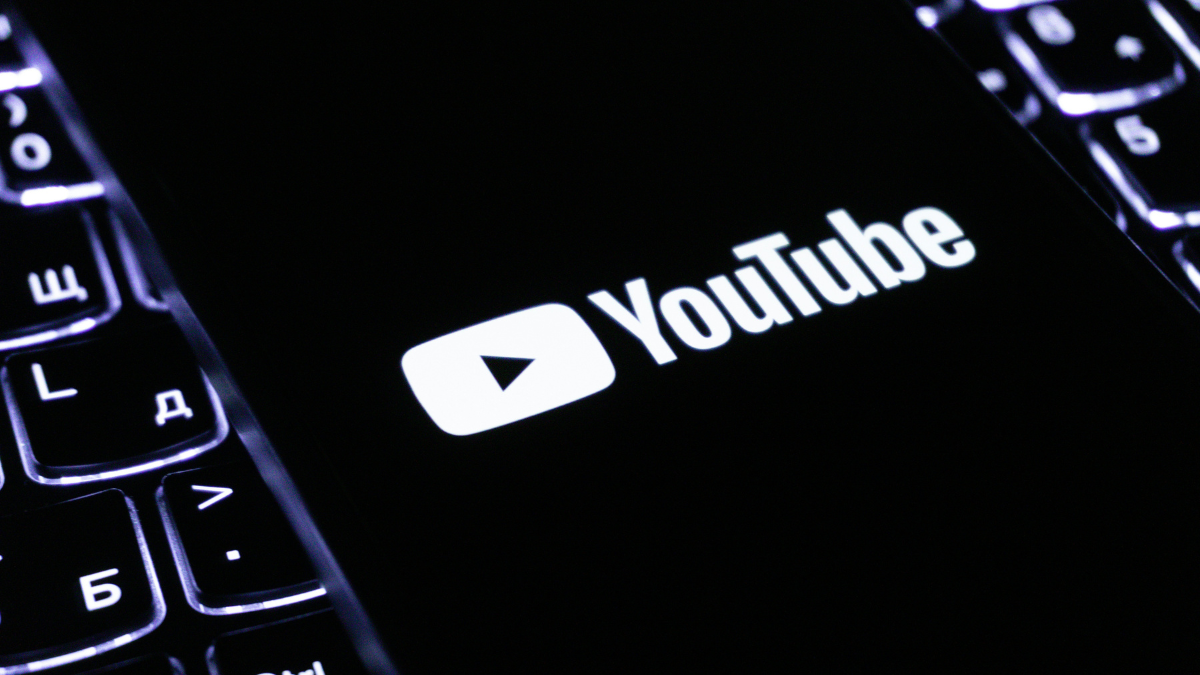YouTube is by far the top destination for users following links shared by AI chatbots like ChatGPT and Perplexity, according to new data from Similarweb. Its latest analysis tracked 1.3 billion chatbot-driven visits during May.
YouTube received 37.1 million visits sent from LLMs last month. That’s more than the next three sites — Facebook, Wikipedia and Reddit — combined. And this isn’t just a case of Google’s AI tools driving traffic to its own platform — three quarters of YouTube’s chatbot referrals came from ChatGPT, Google’s biggest rival for AI supremacy.
It seems that when people ask for help with complex questions or want to learn something new, chatbots often turn to YouTube as the trusted source. Similarweb highlights one clear example. The popular Learn English With TV Series channel regularly appears when language learners ask chatbots for advice on how to improve their listening skills.
One reason AI uses YouTube content is because it’s easy to analyse. Clear titles, transcripts and timestamps all make it simple for chatbots to recommend videos, lowering the risk of linking to low quality, inappropriate or paywalled content. And the sheer scale of the site, host to more than 14 billion videos, means there’s inevitably going to be a relevant video on any given subject.
For agencies wondering how to get brands into AI answers, Similarweb’s data gives some helpful clues. Getting users to click through to a website from a chatbot response is always going to be tough. Most of the time the AI will summarise the information and so, even if it’s sourced correctly, there’s little incentive for the user to search any further. AI chatbots have a click-through rate of just 0.33%, compared to 8.63% for Google search, according to the TollBit AI User Agent Index.
But if information can be provided via a concise and useful YouTube video there is a much better chance that the user clicks through. That offers a practical strategy for brands to stay visible within AI-generated answers.
Beyond YouTube, other familiar platforms are also benefiting. Facebook takes second place with 10.9 million AI-driven referrals, though most of that traffic goes to business pages rather than personal profiles. Wikipedia completes the top three with 10.1 million. While the non-profit online encyclopaedia has been heavily scraped to train AI models, these numbers suggest it is at least getting some traffic back in return.
Reddit is close behind with 9.6 million chatbot referrals. The platform has become a goldmine for AI thanks to its vast archive of human conversations. Deals with both Google and OpenAI, each worth around $60 million a year, allow their content to be used for AI training. With more than 100,000 subreddits, the social media site provides a reliable information spot for chatbots.
Among news brands, The Guardian leads with 1.7 million chatbot referrals, followed by Reuters, though their numbers remain small compared to the platforms dominating the leaderboard.
The data also reveals twist to the AI race itself. Google may still be playing catch-up in the chatbot market, with ChatGPT accounting for nearly 80 percent of referral traffic globally, but YouTube’s dominant role means that even its biggest rivals are still sending millions of users back to Google’s doorstep.
William Kynaston, PPC business director at media agency The7stars, said: ‘Whilst there is a current shift in the search landscape caused by LLMs, the best possible outcome for Google from any potential lost ad revenue on Search is that traffic going to YouTube and strengthening their video offering.
‘With Google actively pushing their AI-powered cross-format campaign types like Performance Max and Demand Gen — both of which access YouTube inventory — more clicks heading to YouTube will consolidate their position as a leader in AI-powered advertising and increase overall ad revenue, which they can funnel back into improving Gemini to directly rival ChatGPT and all other LLMs.’
Typical search engines are still the dominant way most users find information, however. Between April 2024 and March 2025, search engines received 34 times more traffic than LLM chatbots, according to data from OneLittleWeb. But that gap is closing and complicated by the adoption of AI within many search engines, including Google AI overview.
Ultimately, it hardly matters whether chatbots replace search engines or not. The trajectory is for personalised AI summaries to become the norm; brands and agencies must learn how to exist within this landscape. Knowing that YouTube links have a special ability to tempt users away from their AI buddies is valuable information, in that context.
Main image by Zulfugar Karimov on Unsplash.

